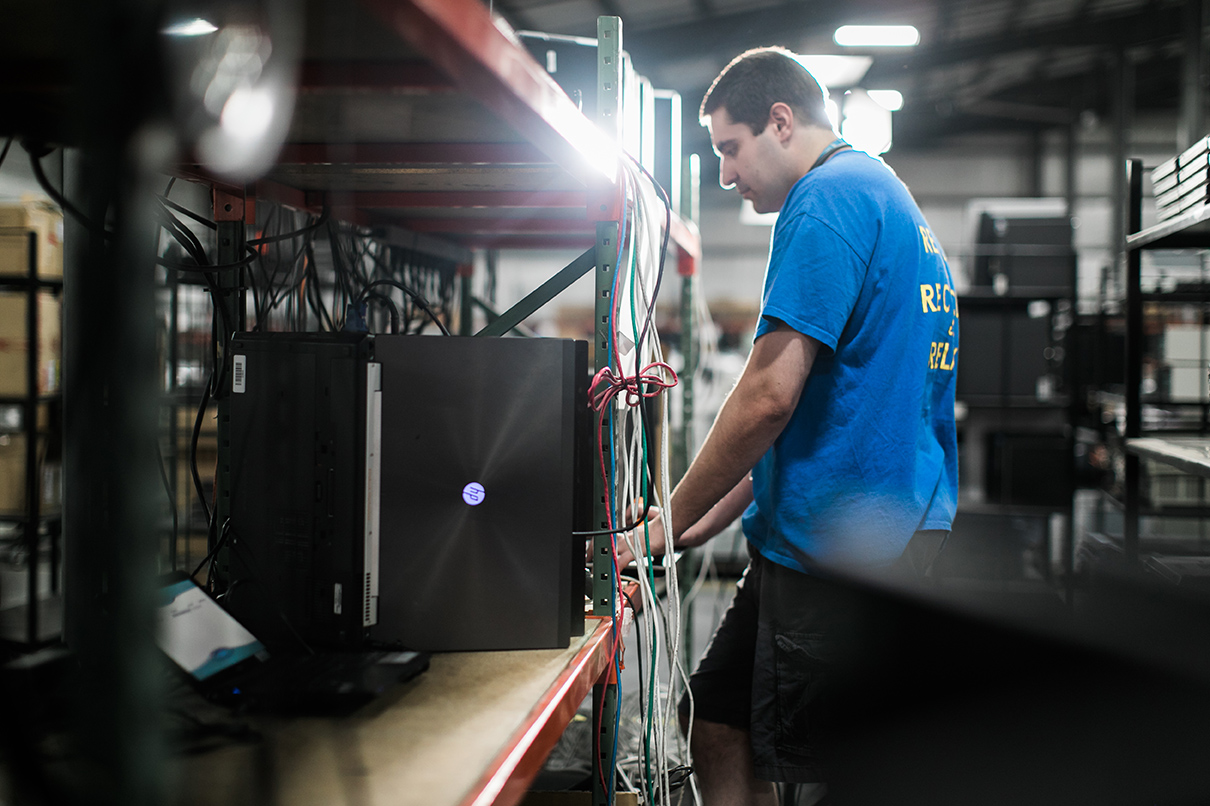Microsoft recently released its highly-anticipated operating system, Windows 11, and with it comes several big changes. The new OS began rolling out October 5, but will have a phased release on compatible devices. Some key new features to help your team be more productive include:
- Microsoft Teams integration
- New, clean design, Start menu and Taskbar
- Separate virtual desktops for each part of your life
- Integrated Android apps
- Personalized feed with widgets
- Snap Layouts, allowing you to split your screen with multiple apps
- And more.
Windows 11 is a free upgrade to all Windows 10 users, but that minor part about being compatible might become a major hurdle for organizations wanting to upgrade.
So, is your technology compatible with the new OS?
“The company [Microsoft] previously affirmed its decision to limit Windows 11 to recent hardware—it requires an 8th Gen Intel Core or 2nd Gen AMD Ryzen processor as well as a Trusted Platform Module (TPM) 2.0.” says PC magazine. In order to keep a competitive advantage in your industry, run the PC Health Check app to verify if your PC can run Windows 11.
If your current equipment is compatible with the new OS, great! Your organization is ready and simply needs to implement the latest version.
But what if your technology isn’t compatible?
As with all new OS releases, companies need a strategy for updating their hardware and, just as important, a plan for disposing of unsupported devices.
If you are left with devices that can’t run Windows 11, it might be time to start searching for a premier disposal solution. While you focus on getting Windows 11 up and running, a reliable ITAD provider can properly handle all your out-of-date technology, thus helping you avoid severe regulatory and reputational penalties.
IT Asset Disposition (ITAD) is the process of safely handling, wiping and reselling or recycling electronic equipment. Effective ITAD programs have a variety of benefits, including minimizing corporate risk, reducing costs, recovering the highest value from assets, and improving sustainability by enhancing the circular economy and keeping e-waste out of landfills.
When starting the vetting process for your ITAD provider, you should first ask whether the provider’s services fit your needs and are comprehensive enough to ensure there are no compatibility issues down the road. It’s also important to pay attention to equipment volume. Is the provider well-equipped to handle large operations without the need of outside help? Services such as on-site data erasure, remote wiping, recycling and repairs are notable examples. For more guidance, we invite you to check out our highly informative ITAD checklist. Countless customers have told us it’s helped their decision-making process and given them peace of mind.
By choosing a certified, global ITAD provider, you can rest assured knowing your data and out-of-use electronics are handled properly, so you can stay focused training your team on that new, slick OS.
Contact EPC to find out how we can help your organization transition to Windows 11 in a sustainable and secure way.
